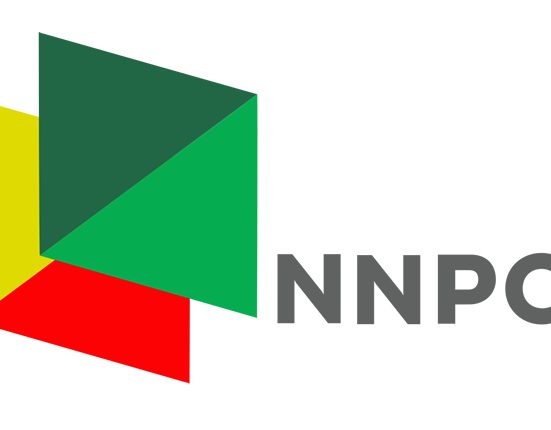The Nigerian and Canadian governments have officially signed a code-sharing agreement aimed at enhancing connectivity and efficiency within the aviation industry. This initiative is expected to provide passengers with more travel options and improve operational flexibility for airlines in both countries.
The announcement was made by Gbenga Saka, Special Adviser on Digital Media to the Minister of Aviation and Aerospace Development, Festus Keyamo, via his X page on Friday.
Understanding the Code-Sharing Agreement
Code-sharing is a common practice in the aviation industry that allows airlines to sell seats on flights operated by partner carriers. This agreement between Nigeria and Canada will enable airlines from both nations to collaborate, expanding their flight networks and offering seamless travel experiences to passengers.
By leveraging this arrangement, travelers will benefit from a more convenient booking process, improved connectivity, and reduced layover times. It also opens the door for increased trade, tourism, and investment between the two countries, further strengthening their diplomatic and economic ties.
Minister Keyamo’s Remarks
During the signing ceremony, Minister of Aviation and Aerospace Development, Festus Keyamo, emphasized the importance of this agreement in fostering stronger aviation and economic relationships between Nigeria and Canada.
“This marks an important step in our bilateral relationship. While this is not a full Bilateral Air Services Agreement (BASA), it lays the groundwork for greater collaboration. Airlines from both countries will soon be designated to implement this arrangement,” Keyamo stated.
He further noted that several Nigerian airlines had already received approvals to operate the route and encouraged them to take advantage of the code-sharing agreement to expand their services.
“The agreement has now come into force, and we will communicate with local operators on both sides. Many of them have already shown interest in this initiative, and we have granted a few operators the necessary approvals. Now, it is up to them to utilize this opportunity to enhance air travel between our nations,” he added.

Canada’s Perspective on the Agreement
Pasquale Salvaggio, the Canadian High Commissioner to Nigeria, highlighted the benefits of the agreement in making travel between both countries more seamless and accessible.
“This agreement strengthens the growing commercial and people-to-people ties between Nigeria and Canada. Code-sharing allows airlines to place their codes on flights operated by partner carriers, providing passengers with a smooth travel experience under a single ticket,” Salvaggio explained.
He further emphasized that this agreement is part of a broader effort to enhance air connectivity, making travel between Nigeria and Canada more efficient for business and tourism.
Impact on the Aviation Industry
The signing of this code-sharing agreement is expected to yield multiple benefits for both countries. Some of the key impacts include:
Expanded Flight Options: Passengers will have access to more flight routes, making it easier to travel between Nigeria and Canada with fewer layovers and more direct connections.
Economic Growth: The agreement will boost trade and tourism by facilitating easier movement of business travelers, tourists, and goods.
Increased Airline Competitiveness: Nigerian and Canadian airlines will be able to expand their market reach and optimize their operations by collaborating on routes.
Improved Passenger Experience: Travelers will benefit from simplified ticketing processes, coordinated flight schedules, and more travel flexibility.
Future Prospects
The code-sharing agreement follows earlier discussions between Nigeria and Canada on improving air travel links. On July 23, 2024, both nations initiated talks about the possibility of establishing direct flights. This recent development serves as a stepping stone toward realizing that goal, potentially leading to a full Bilateral Air Services Agreement (BASA) in the future.
With this new arrangement in place, industry stakeholders, including airlines, regulators, and business communities, are expected to work together to maximize the opportunities created by the agreement.
As Nigeria and Canada continue to strengthen their diplomatic and economic ties, this aviation partnership represents a significant step towards closer collaboration, benefiting travelers and businesses alike.







